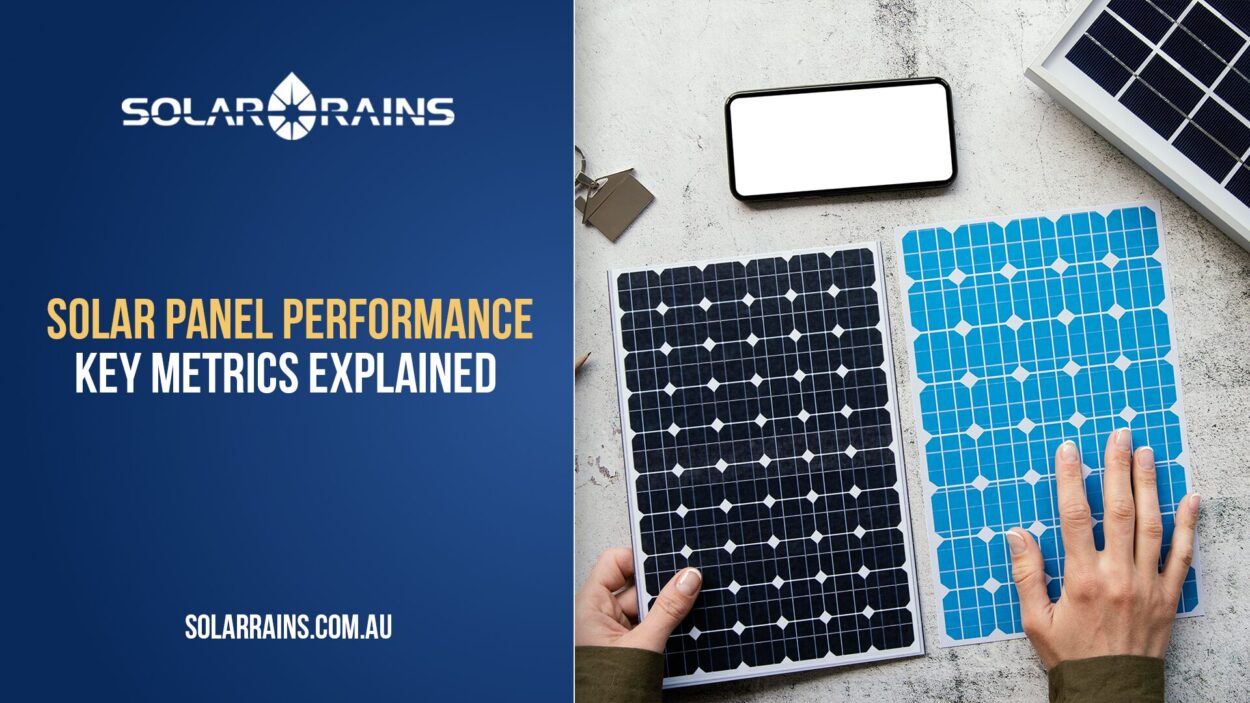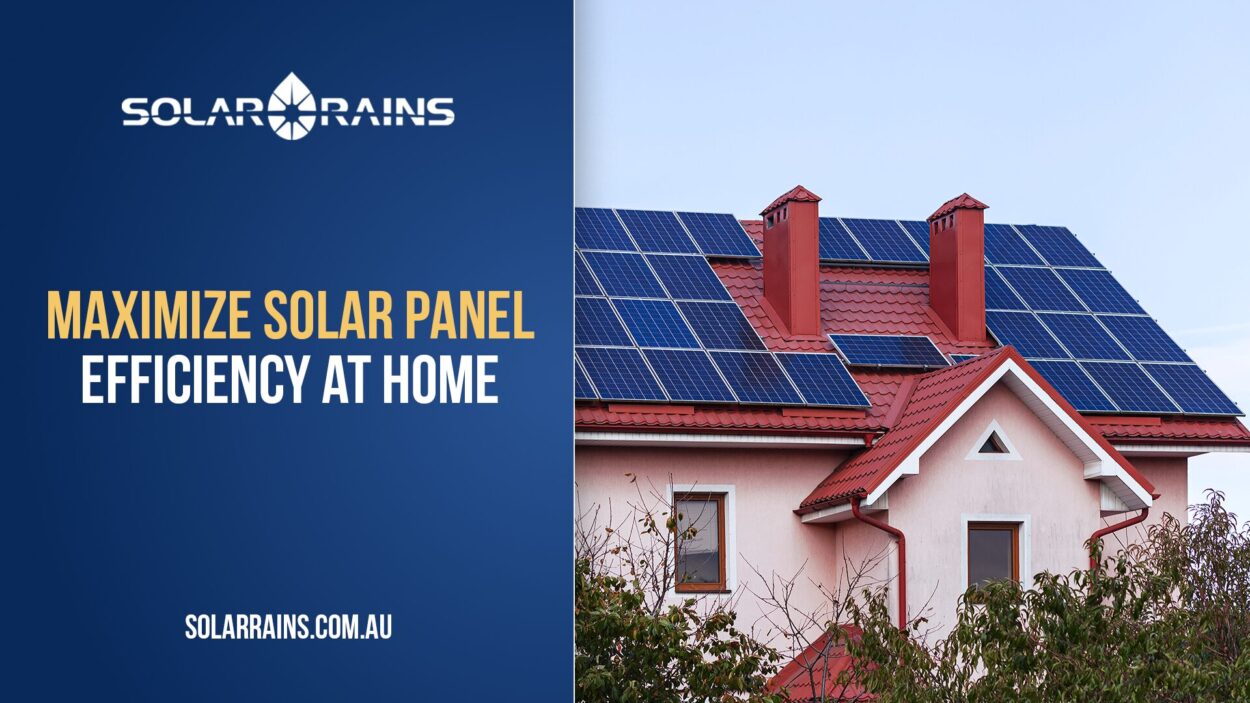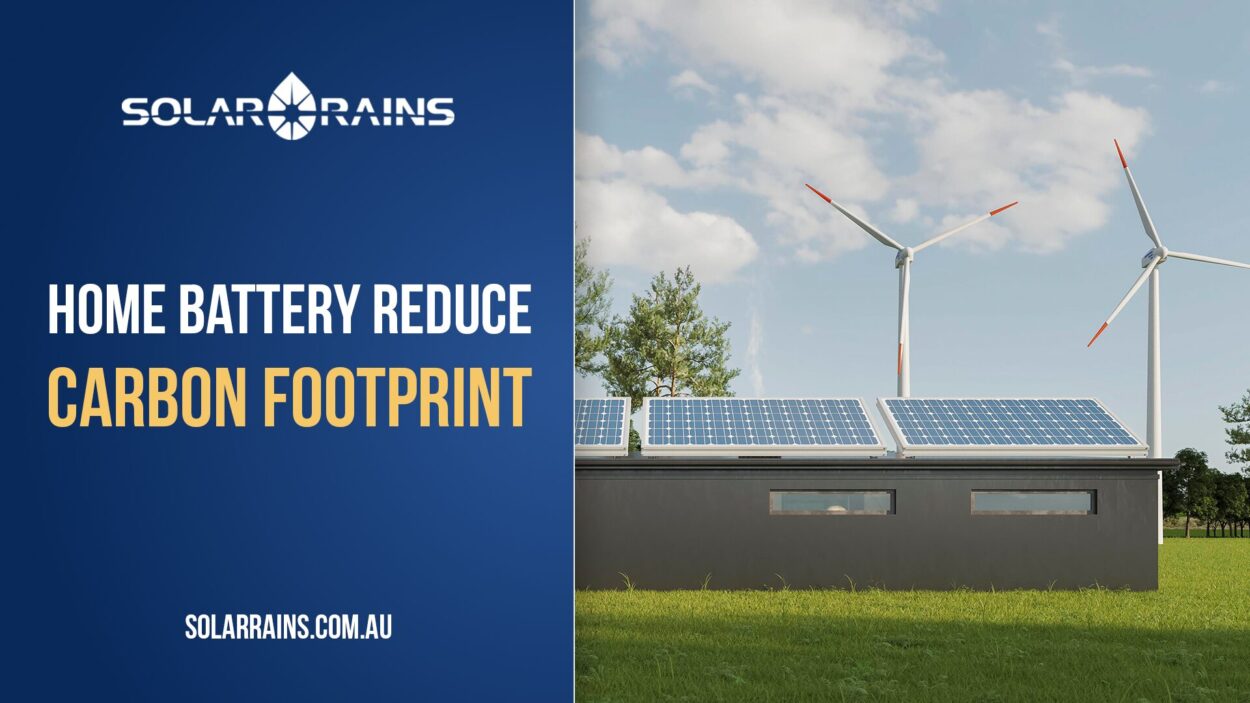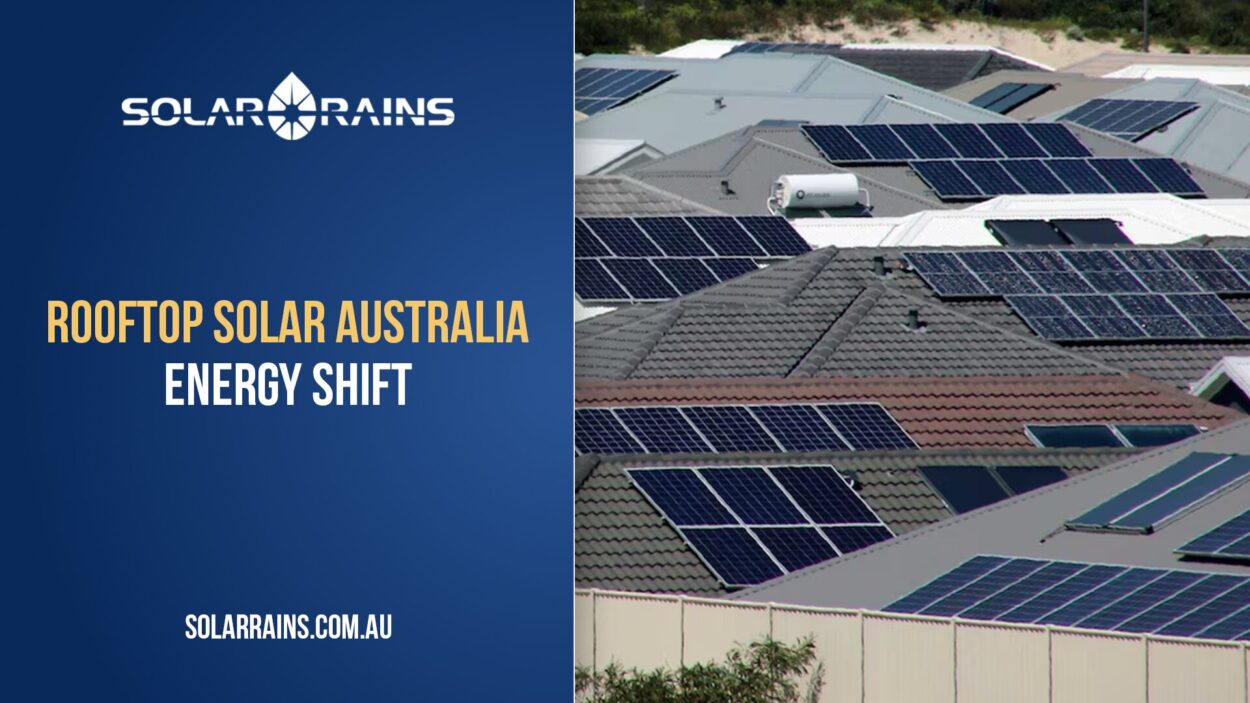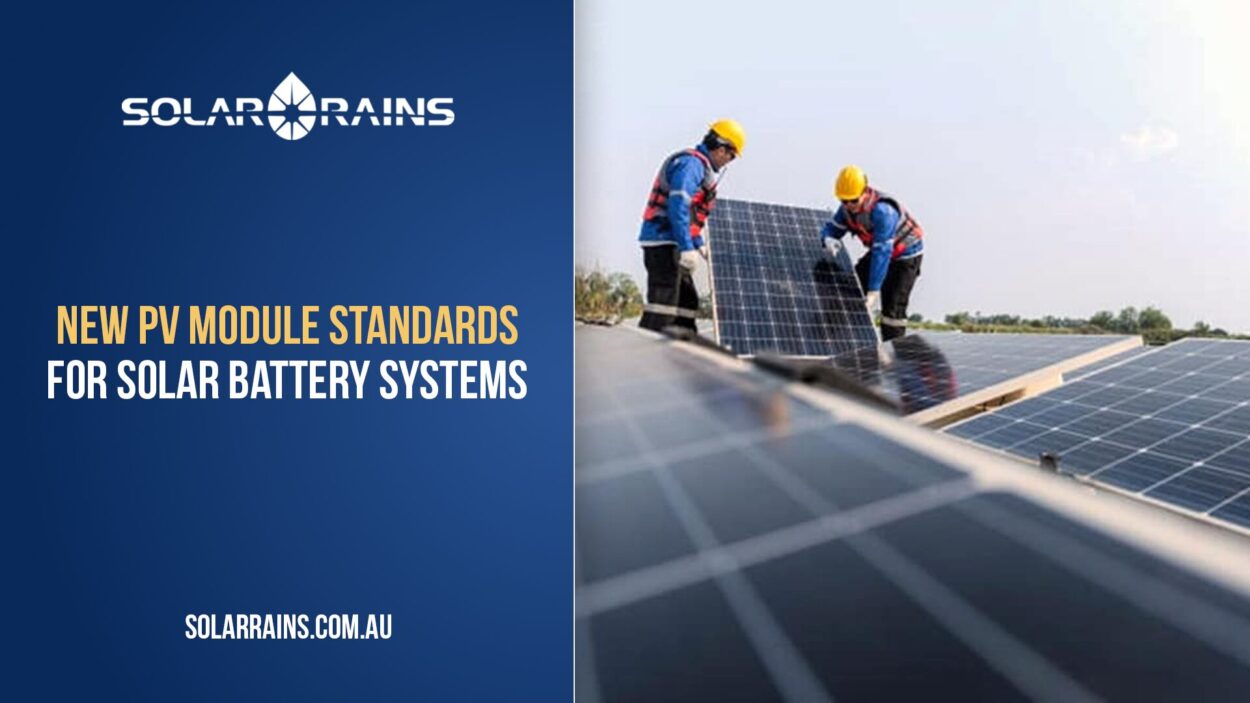Introduction: What Is an IP Rating and Why Should You Care?
When it comes to installing a solar battery system outdoors, most homeowners and solar installers focus on battery capacity, inverter compatibility, and system ROI. But one technical factor often gets overlooked, IP rating. It’s a small label with huge implications for your system’s durability.
IP ratings (Ingress Protection) define how well enclosures resist dust, water, and other environmental threats. For outdoor solar products, especially batteries and inverters, understanding these ratings is essential.
What Is an IP Rating?
“IP” stands for Ingress Protection, and it’s a standardized code defined by the International Electrotechnical Commission (IEC) under IEC 60529.
An IP rating typically looks like this: IP66 or IP68. The first digit represents protection against solids (dust, debris), while the second digit indicates protection against liquids (rain, spray, immersion).
Examples:
- IP65: Dust-tight + protection from water jets
- IP66: High-pressure water jets
- IP68: Full protection against dust + immersion in water
Why Do Solar Battery Systems Need Proper IP Ratings?
1. Australia’s Harsh Climate
Outdoor solar battery systems face intense UV, heavy rain, salty coastal winds, and bushfire-related dust. A low-IP enclosure risks premature failure or electrical shorts.
2. Avoiding System Downtime
Moisture or dirt inside a battery or solar inverter housing can lead to corrosion, degraded performance, or fire risk. A higher IP rating significantly reduces this.
3. Warranty & Compliance
Products with IP66 or IP68 enclosures meet local AS/NZS safety standards and are more likely to be backed by manufacturer warranties. Your solar power supplier may void warranties if improper installation causes water ingress.
IP66 vs IP68 – What’s the Difference?
| Feature | IP66 | IP68 |
| Dust Protection | Complete protection | Complete protection |
| Water Protection | Protected from strong jets | Protected from prolonged immersion |
| Outdoor Suitability | Excellent | Excellent (better in flood-prone areas) |
| Cost Implication | Lower | Slightly higher |
| Use Case | Rooftop battery enclosures, wall-mount | Ground-level batteries, marine zones |
Key Features of High-IP-Rated Solar Products
- UV-Resistant Shells: Critical for rooftop exposure.
- Double Insulated Cable Entry: Prevents seepage from cable ports.
- Gasket-Sealed Doors: Reduces humidity buildup inside battery boxes.
- Corrosion-Proof Fasteners: Common in solar product wholesale gear.
- Internal Drainage Channels: Seen in some solar inverters with IP68.
Who Should Choose IP66 or IP68 Systems?
- Homeowners near beaches: IP68 preferred due to salt-laden air.
- Business owners in flood-prone regions: IP68 offers immersion protection.
- Rural farms: IP66 is minimum for battery sheds.
- Off-grid users: IP68 improves longevity of hybrid solar systems.
Tip: Ask your solar supplier if your enclosure can be upgraded to IP68 for high-risk zones.
Applications of High-IP Solar Battery Systems
- Wall-Mounted Inverter-Battery Combos in compact suburban homes
- Off-grid Solar Farms requiring complete sealing
- Tiny Home Installations where space and weather resistance are critical
- Commercial solar carports exposed to high water runoff
- Rural livestock stations needing dust-proof, rodent-proof battery banks
How to Check or Verify an IP Rating
- Look for certified markings on the solar battery case.
- Review product datasheets from brands supplied by Solar Rains.
- Ask your solar supplier for third-party IP test certification.
- Visually inspect: Look for rubber seals, gasket linings, and pressure vents.
How Solar Rains Ensures IP-Rated Safety
At Solar Rains, we source only solar batteries and solar inverters from trusted suppliers with IP66 or higher standards. Whether you’re installing on a coastal roof or in the dusty interior, our solar product wholesale range ensures safety and compliance.
Explore products with high IP ratings:
- Battery & Inverter Category
- Solar Enclosures & Accessories
FAQs
– IP65 resists low-pressure jets.
– IP66 withstands strong water jets.
– IP68 can handle full submersion for extended periods.
Yes, slightly. But the long-term durability and protection from moisture damage often outweigh initial costs.
Not always. IP66 is generally sufficient if the battery is protected under eaves or inside a weather-sealed cabinet.
Not necessarily. Some cheaper units may lack certification. That’s why it’s critical to buy from a certified solar supplier.
Not directly. IP rating is tied to the product’s design. However, you can improve protection with weatherproof housing, conduit fittings, and silicone seals.
Conclusion: Prioritise IP Ratings for Long-Term Safety
In Australia’s harsh climate, the solar battery you choose is only as reliable as its protection against the elements. IP ratings are not just tech jargon, they’re essential to:
- Prevent short-circuits and fire risk
- Maintain system efficiency
- Protect your investment
- Comply with safety standards
Whether you’re a homeowner, solar installer, or electrical engineer, understanding IP ratings ensures your solar products deliver on performance and durability.Need help choosing the right IP-rated battery or inverter? Reach out to Solar Rains, your trusted solar power supplier, for expert advice and tailored product recommendations.






